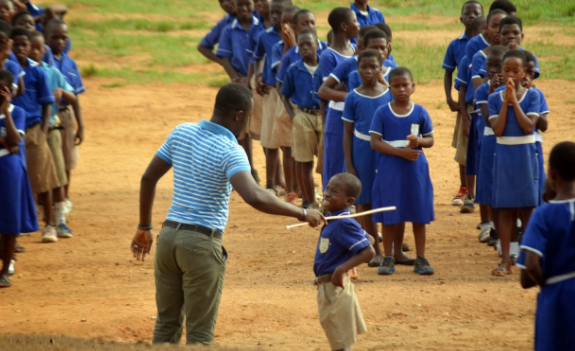Your child ‘could have behavioural problems’ because of spanking
By Unknown - Wednesday, November 22, 2017

Researchers say children who have been spanked by age five, are more likely to have behavioural problems by the time they hit the ages of six to eight years.
The research said the increase in behavioural problems should be attributed to spanking and not other factors like environment or attributes of the child.
“Our findings suggest that spanking is not an effective technique and actually makes children’s behavior worse not better,” said Elizabeth Gershoff, a psychological scientist at the University of Texas at Austin and lead author on the study.
“Parents spank for many reasons, such as their educational or cultural background or how difficult their children’s behavior is. These same reasons, which we call selection factors, can also predict children’s behavior problems, making it difficult to determine whether spanking is in fact the cause of behavior problems.
“We realised that the statistical method of propensity score matching could help us get as close to an experiment as possible.”
Before now, determining whether spanking caused behavior problems in children was difficult because researchers could not conduct experiments that randomly assign parents to spank or not.
Gershoff and her coauthors, Kierra Sattler (University of Texas at Austin) and Arya Ansari (University of Virginia), examined data from 12,112 children who participated in the Early Childhood Longitudinal study.
Children who were spanked at five years old showed more behaviour problems when compared with children who had never been spanked.
“The fact that knowing whether a child had ever been spanked was enough to predict their levels of behavior problems years later was a bit surprising. It suggests that spanking at any frequency is potentially harmful to children.”
“Although dozens of studies have linked early spanking with later child behavior problems, this is the first to do so with a statistical method that approximates an experiment.”
It was published in Psychological Science, a journal of the Association for Psychological Science.


0 Comments